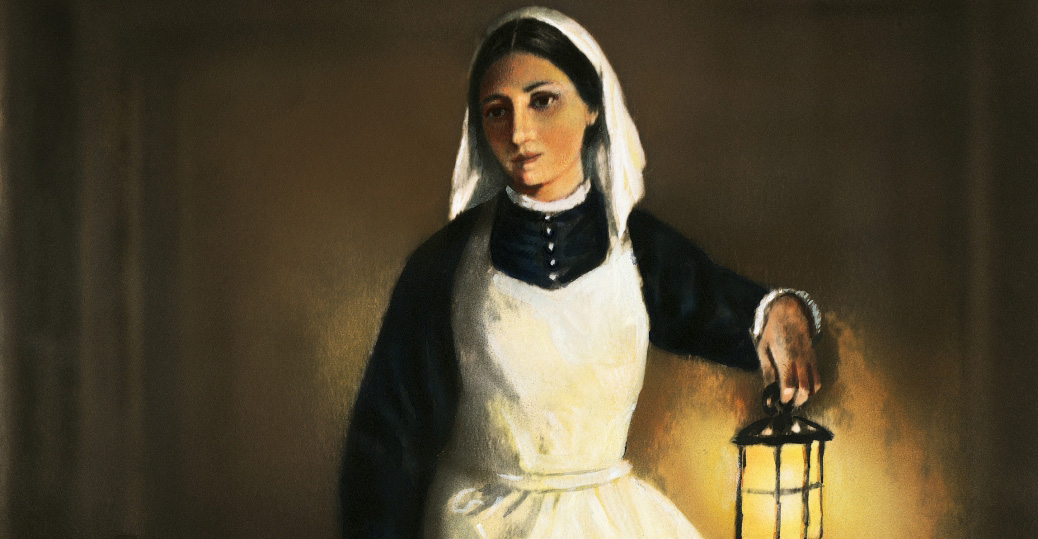

In just six months of implementing hygiene protocols, the mortality rate dropped by forty percent. According to a article, “ Nightingale and her nurses went to work, scrubbing every inch of the facilities, insisting on regular bathing of patients and frequently changed, fresh linens from a newly established laundry.” In addition, Nightingale pushed the British government to purchase gravely needed bandages and soap and took to tackling the poor ventilation and sewage systems of the hospital facilities. More soldiers were dying from infectious diseases like cholera, typhoid, typhus and dysentery than from battle wounds. There was a severe lack of medical supplies, congested quarters for the wounded and sanitation was nonexistent. Pioneer of Infection Control and Healthcare HygieneĪrriving at the frontlines of the Crimean War in 1854 at the bequest of Sidney Hebert the British Secretary of War, Florence Nightingale and her team of 38 nurses were shocked by the conditions the wounded soldiers were being treated in. To pay tribute to her and all the remarkable nurses to follow in her footsteps, here are a few ways her teachings have shaped the modern nursing profession. Rising to public recognition through her trailblazing efforts in the Crimean War, Florence Nightingale went on to establish the world’s first nursing school and laid the groundwork for modern nursing practice through her research, writing and teaching. In honor of this momentous occasion, the World Health Organization had designated 2020 as the Year of the Nurse and the Midwife. Today marks the 200th birthday of the founder of modern nursing, Florence Nightingale.


 0 kommentar(er)
0 kommentar(er)
